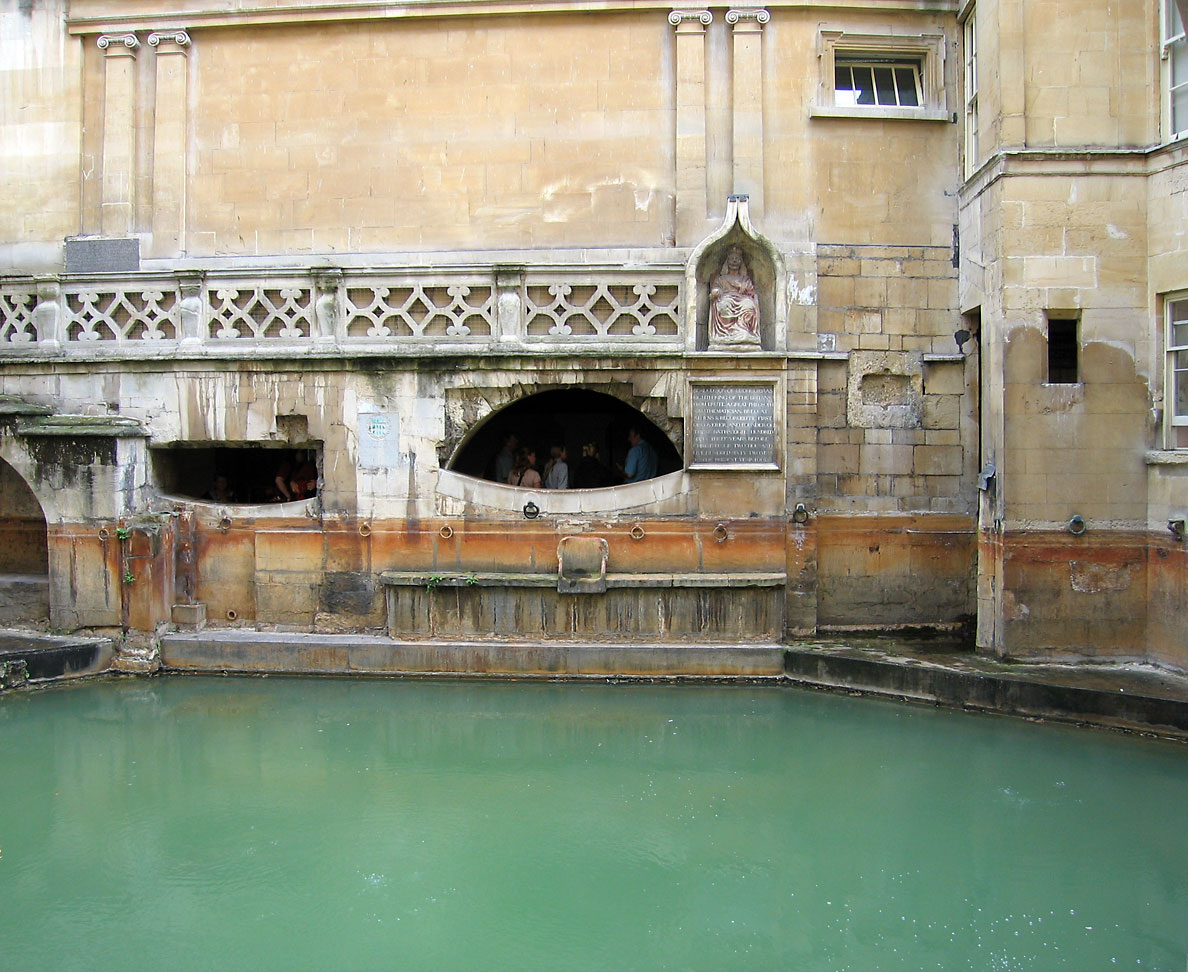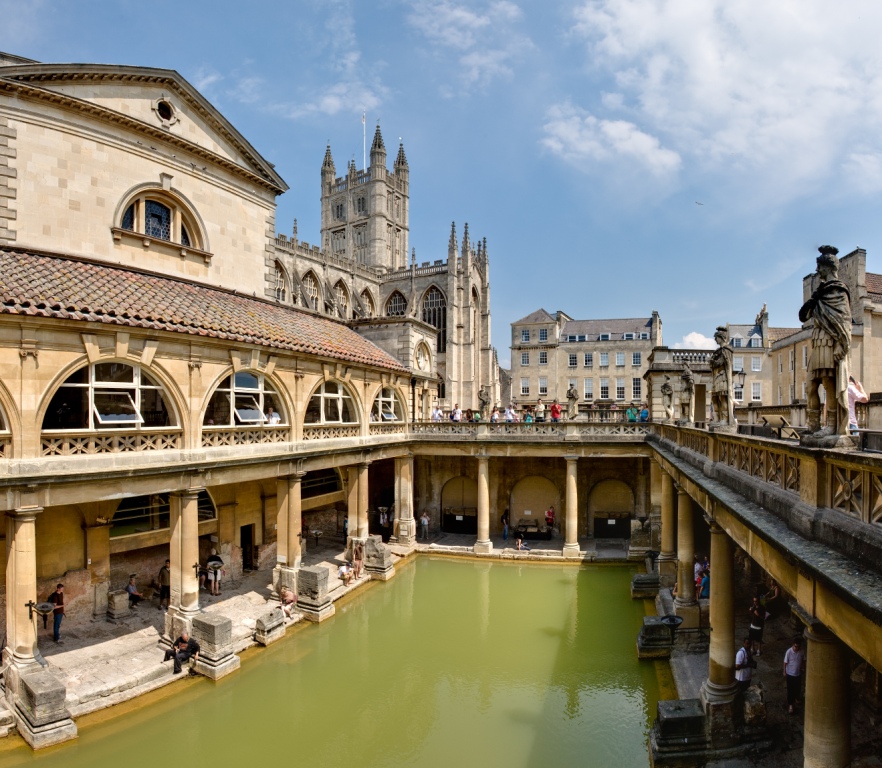Listen:
Beyond Belief: Water (BBC Radio 4 podcast, 10 August 2009 − mp3 file)
Water, Religions and Beliefs (UNESCO, World Water Day 2006)
Water in Religion (The Water Page, 2000)
Book:
Water Management in Islam (IDRC, 2002)
Environmental Health:
an Islamic Perspective (WHO EMRO, 1997) − discusses the ways in which Islamic teachings
and the views of Muslim physicians and scholars can be used to identify
specific actions to protect the environment and thus promote human health.
Water and Sanitation in Islam (WHO EMRO, 1996)
Water and Sanitation [in
Islam](IslamReligion.com)
Hinduism: A Holy Water Religion (Boloji webpage)
Water more than an economic good, says Pope [Benedict XVI]
(ZENIT, 15 July 2008)
Blue
Legacy International/Alexandra Cousteau
Water and Hinduism
Water and Judaism
Ritual purification (Wikipedia)
− "a feature of many religions. The
aim of these rituals is to remove specifically defined uncleanliness prior
to a particular type of activity, and especially prior to the worship of a deity."
Ritual washing in Judaism (Wikipedia)
Jacob's Well, Bristol, Britain's only known medieval Jewish Ritual Bath
(Mikveh) (Transactions of the Bristol and Gloucestershire Archaeological Society, 1994)
Faiths and the
Environment (CIWEM Policy Position Statement, 2009)
Climate change, economics
and Buddhism − Part I: An integrated environmental analysis framework; Part 2: New views and
practices for sustainable world economies (Ecological Economics, 2010)
Website: Alliance of Religions and Conservation
CITY OF BATH, ENGLAND: the only place in the British Isles with a hot-water
spring, the so-called Sacred Spring. Hot water at a temperature of 46°C issues
from the spring at the rate of 1,170,m3/day as it has been
for thousands of years.
The spring
was discovered by Bladud, son of King Ludhudibras, in the ninth century bc. Bladud had spent eleven years in Athens being educated but
returned home a leper. Because of his illness he was confined in his father's copurt but escaped in disguise and came to a place called Swainswick where he
was employed as a swine- herd. In cold weather he saw his pigs
wallowing in a mire. He found that the mud was warm and the pigs enjoyed the
heat. Noticing that the pigs which bathed in the mire were free of scurf
and scabs, and reasoning that he might benefit in the same way, he too bathed
in the waters and was duly cured of his leprosy. He revealed his identity to his
master and returned to his father’s court where he was recognised and restored
to his inheritance. He succeeded to the throne on his father’s death in 863 bc; he then founded the City of Bath around the hot
springs and built the baths so that others might benefit as he had done.
The Romans named the city Aquae Sulis or "Waters of Sul" − Sul was a local Celtic god whom the Romans identified with
Minerva − and built a large bath complex which included a temple to Sul-Minerva and the Great Bath.
►See: Bath: A World Heritage Site (
GHC Bulletin, 2000)
Spa therapy through the ages: A history of medical uses of the Hot
Springs of Bath (Bath &
North East
Somerset Council, undated)
 |
 |
The King's Bath
(the site of the Sacred Spring) |
The Great Bath |
AMRITSAR, INDIA: The Golden Temple, now more correctly
known as the Harmander Sahib or "Temple of God" in Punjabi, is centre of Sikhism. It lies in the Sarcred Pool of Nectar or "Amrit Sarovar" in which many Sikhs take a ritual bath − legend has it that a leper was cured of his leprosy after bathing in the Sacred Pool (details here).
The Golden Temple, Amritsar
